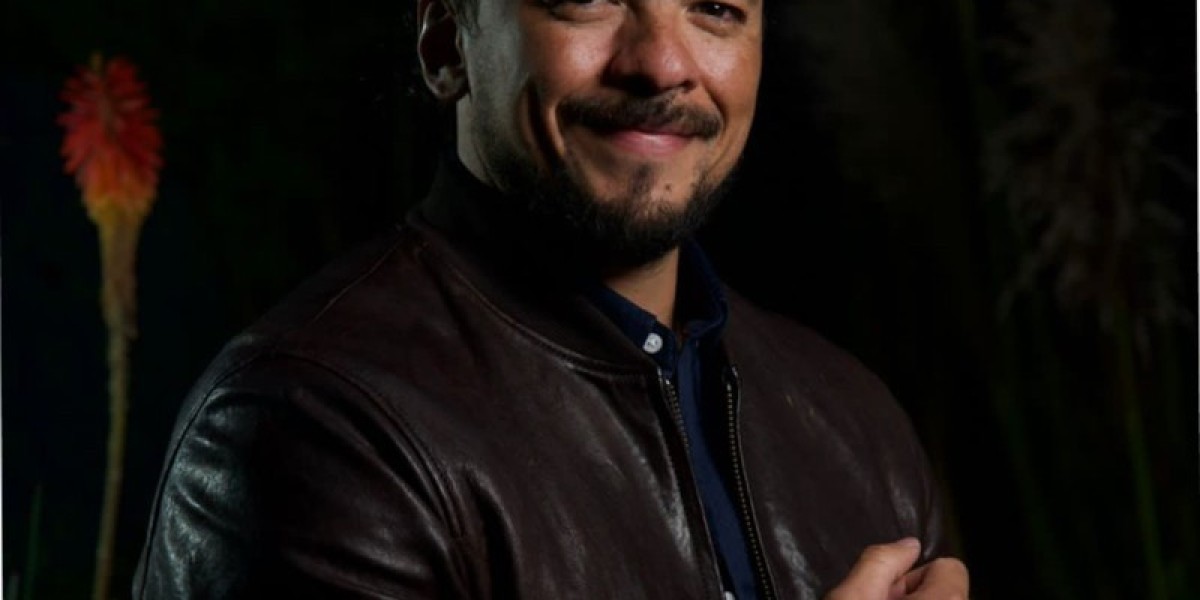In today's increasingly interconnected world, construction projects often cross borders—not just geographically, but culturally and operationally. Multinational teams are now a norm, bringing together diverse skill sets, work ethics, and communication styles. Managing such teams successfully requires more than technical knowledge; it demands cultural awareness, strong leadership, and a collaborative mindset.

Why Multinational Teams Matter in Construction
Large-scale construction projects—especially those focused on sustainability and social impact—are rarely executed by a single group or country. These projects require partnerships between international stakeholders, local governments, technical experts, environmental consultants, and labor teams. Each party brings unique expertise and perspectives that enrich the outcome.
Juan Manuel Becerra Sánchez has long championed the value of international cooperation in construction. His leadership emphasizes not only project delivery but also cross-cultural synergy that enhances innovation and long-term impact.
Building Trust Across Borders
Trust is the foundation of any successful team, but in multinational environments, it must be built with greater intention. Language differences, varying professional expectations, and unfamiliar communication styles can create misunderstandings.
Clear, transparent communication—paired with active listening—is critical. Successful leaders ensure that every team member, regardless of background, feels heard and respected. Creating a safe space for open dialogue encourages problem-solving and strengthens relationships across locations.
Cultural Competency in Action
Cultural awareness goes beyond holidays or language. It involves understanding how different cultures approach hierarchy, time management, conflict resolution, and collaboration. For example, while some teams may value direct feedback, others may prioritize diplomacy and consensus.
Juan’s approach to team leadership involves investing in cultural competency training and encouraging team members to learn from one another. This builds empathy and increases cooperation, reducing friction and creating a stronger, united workforce.
Time Zones, Technology & Workflow Coordination
Multinational teams often operate in different time zones, which can slow communication and decision-making. Digital tools—such as project management platforms, real-time collaboration apps, and cloud-based dashboards—play a crucial role in bridging those gaps.
However, tools alone are not enough. Strong project coordination, clear delegation, and flexible scheduling are essential to keeping workflows smooth and teams aligned across borders.
Leadership That Unites
In multinational construction projects, leadership must be adaptable and inclusive. It's not about imposing one style on everyone, but rather finding shared goals and building a team culture rooted in mutual respect and shared purpose.
Juan Manuel Becerra Sánchez leads with a global mindset, aligning team objectives with local priorities. This balance ensures that projects not only meet international standards but also respect local culture, workforce dynamics, and environmental conditions.
Conclusion: A Global Team, A Shared Vision
Managing multinational teams isn’t easy—but when done right, it unlocks extraordinary potential. From enhanced creativity to improved efficiency, the benefits are clear. Construction projects become more than physical structures—they become symbols of cooperation, unity, and sustainable progress.
As global challenges demand global solutions, leaders like Juan Manuel Becerra Sánchez continue to demonstrate how thoughtful, inclusive team management can drive success in even the most complex, cross-border construction initiatives.







